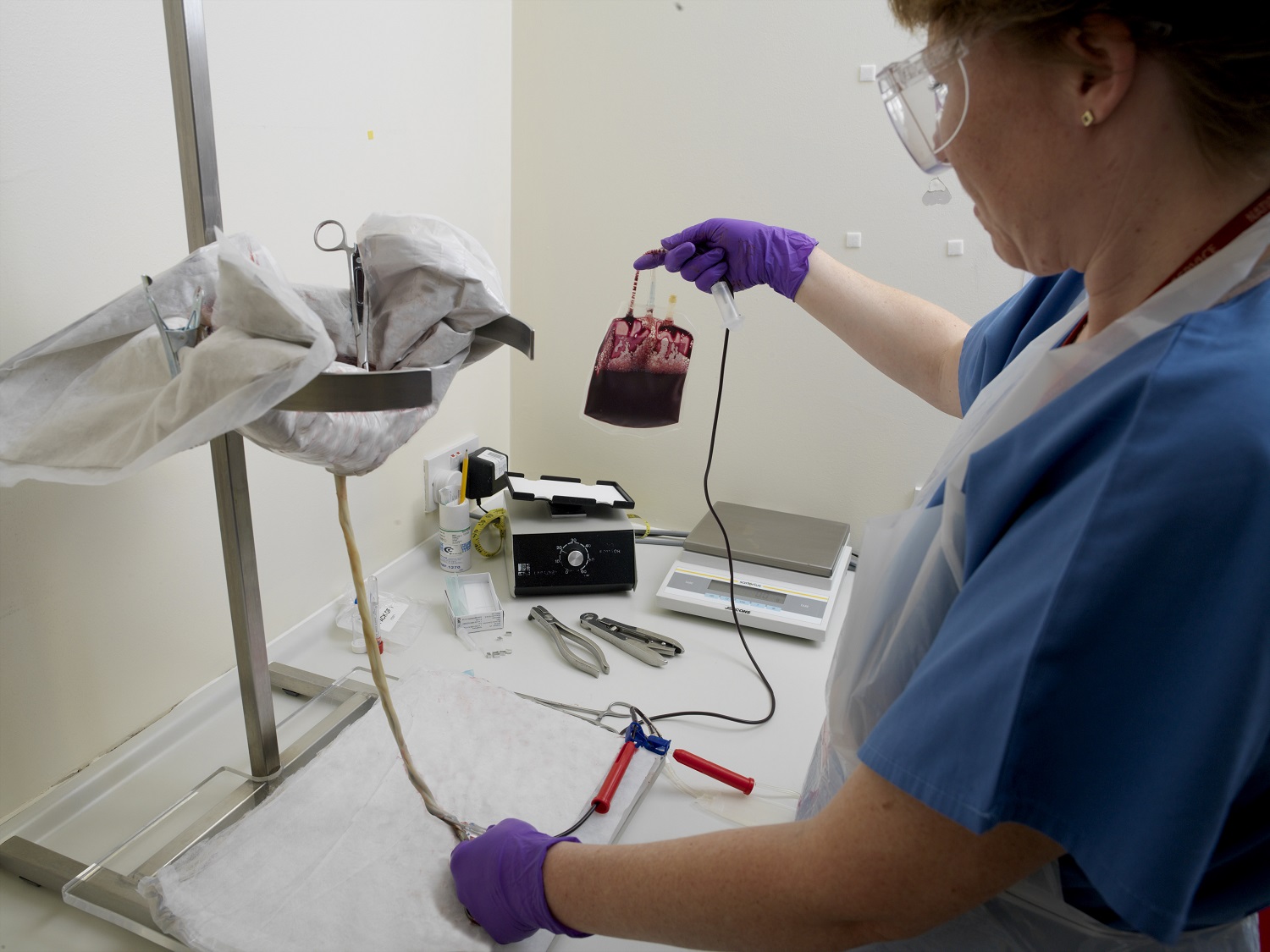NIHR BTRU in Precision Cellular Therapeutics
Partnered with the University of Oxford, and in collaboration with the University of Birmingham and University Hospitals Birmingham NHS Foundation Trust.
The aim of this BTRU is to develop new kinds of cell therapies for blood disorders and blood cancer, and improved systems for following up patients receiving treatment to better support their care.
There is a wide range of work involved in this BTRU but examples include:
T cell research
Transplants work in blood cancer patients because some of the donor immune cells attack and eliminate the cancer. However, these cells can also attack the donor’s own cells and cause a complication called graft versus host disease (GvHD).
This work will seek to identify and clone the receptors that enable the T cells to target the cancer cells while reducing the toxicity due to GvHD seen in patients. The ultimate aim of this research is develop a novel clinical trial, with NHSBT, via its cell therapy manufacturing infrastructure, expanding these cancer specific T cell receptors for use in patients.
 Cord blood research
Cord blood research
There is a shortage of suitable cell donors for minority communities. Cord blood units from babies may be a match but not have enough cells to be successful in adults.
This work will seek to expand and gene edit the stem cells in cord blood, so they could be used with increased safety in a wider range of adults.
NHSBT will support the translation of this research through to early phase clinical trials, providing process development, manufacturing and quality control expertise.
This initiative will drive wider access to cord blood transplant.
Access to cell therapies
It is important that patients from all communities benefit from cell therapies. This work will seek to better understand how patients access the newer cell therapies and how they perceive the benefits of treatment.
The team will develop new digital technologies that improve care by enhancing interactions between the patients and their doctors and nurses.
Further information
The Director of this BTRU is Professor Ronjon Chakraverty of the University of Oxford and the NHSBT Lead is Dan Hollyman - Director of Cell, Apheresis and Gene Therapies.
For more details, contact research.office@nhsbt.nhs.uk
